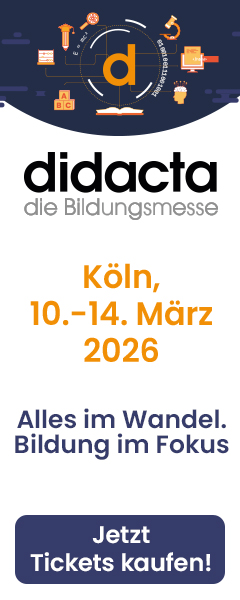Digital Literacy for Romanian Schools
 Bucharest (RO), February 2007 - (by Elena Lita) Between 2007 and 2010, 251 Romanian communities will benefit from Local Communities Electronic Networks (LCEN), as knowledge centers for offering citizens information and online services through the Knowledge Economy Project. The new rural and small urban communities will join the already-existing nine pilot communities. The project was initiated by the Romanian government with the support of the World Bank and coordinated by the Ministry of Communications and Information Technology. Diana Voicu, Knowledge Economy Project Management Unit Director, talks about the goals of the project she coordinates.
Bucharest (RO), February 2007 - (by Elena Lita) Between 2007 and 2010, 251 Romanian communities will benefit from Local Communities Electronic Networks (LCEN), as knowledge centers for offering citizens information and online services through the Knowledge Economy Project. The new rural and small urban communities will join the already-existing nine pilot communities. The project was initiated by the Romanian government with the support of the World Bank and coordinated by the Ministry of Communications and Information Technology. Diana Voicu, Knowledge Economy Project Management Unit Director, talks about the goals of the project she coordinates.
What is the main purpose of the Knowledge Economy Project?
Diana Voicu: The project's key objective is to accelerate the participation of knowledge-disadvantaged communities in the knowledge-based society and economy in Romania. At the same time, it aims at supporting the country in order to reach the objectives of socio-economic development demanded by the alignment to the European standards.
The project finances the establishment of 260 Local Communities e-Networks (LCENs) through which communities will have access to knowledge via a number of technologies, including computers, the Internet, communication services, and specific content provision for local administration, citizens, businesses and pupils in rural and small urban communities. LCENs will have multiple nodes: school, public administration, libraries, and a Public Point of Access to Information - PPAI.
Apart from the strictly infrastructure point of view, the project will ensure the citizens' access to several value-added services, such as access to the latest technologies, business and education-oriented services, more effective eGovernment services, as well as access to financing opportunities (grants).
One of the project's components is called 'Digital Literacy for Schools'. What is all about?
Diana Voicu: This segment of the project has been developed in partnership with the Education and Research Ministry, aiming at introducing the usage of IT&C (equipment, broadband Internet, specific knowledge) in the schools. It addresses the improvement of primary and lower-secondary education through the integration of information and communication technologies into the courses, thereby improving students' skills and knowledge and contributing to their personal and professional development.
To do this, the project will use the IT&C infrastructure it is installing in a total of 472 schools and 260 public libraries. It is estimated that over 125,000 students will benefit from the Knowledge Economy Project.
We also intend to define and implement a set of educational policies in order to facilitate the use of ITC in schools and to improve the teaching methods and the quality of the didactic process. Our essential objective is to cooperate closely with the Romanian Ministry of Education and Research, so the results of this initiative will be widely adopted in all Romanian schools, not only in the 472 in our project.
What sustainable effect can be assessed?
Diana Voicu: A first step was taken in the form of the 'e-Vacanta!' program, initiated by the Romanian Ministry of Communications and Information Technology in partnership with the Ministry of Education and Research during the last summer holiday. The program focused on seventeen pilot-schools and consisted of seven computer-assisted tasks. The aim of this initiative was to encourage the use of new technologies by the pupils and teachers of the pilot schools during the summer holidays; to stimulate their creativity; and to offer them the chance to share their experiences with other schools in the project.
The program succeeded beyond our expectations. A total of 2931 pupils spent many hours surfing the Internet, e-mailing, and chatting. They wrote 456 essays about their communities and edited 190 e-photo albums using pictures taken in their surroundings. There were 140 teachers involved in the project, too. Based upon these spectacular results, we decided to extend the program at the national level in order to stimulate and facilitate the development of new competences and new opportunities for the entire Romanian educational system.










